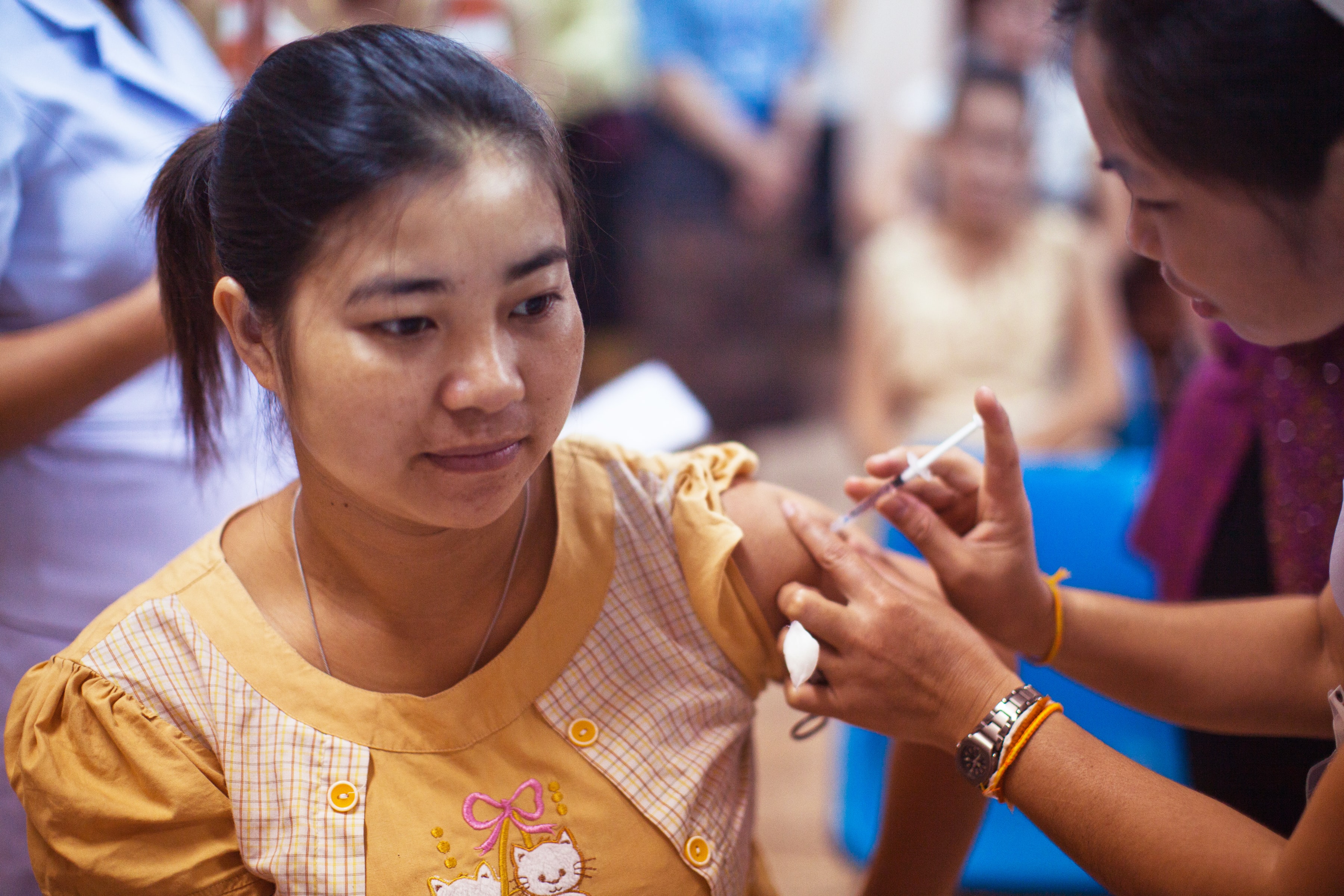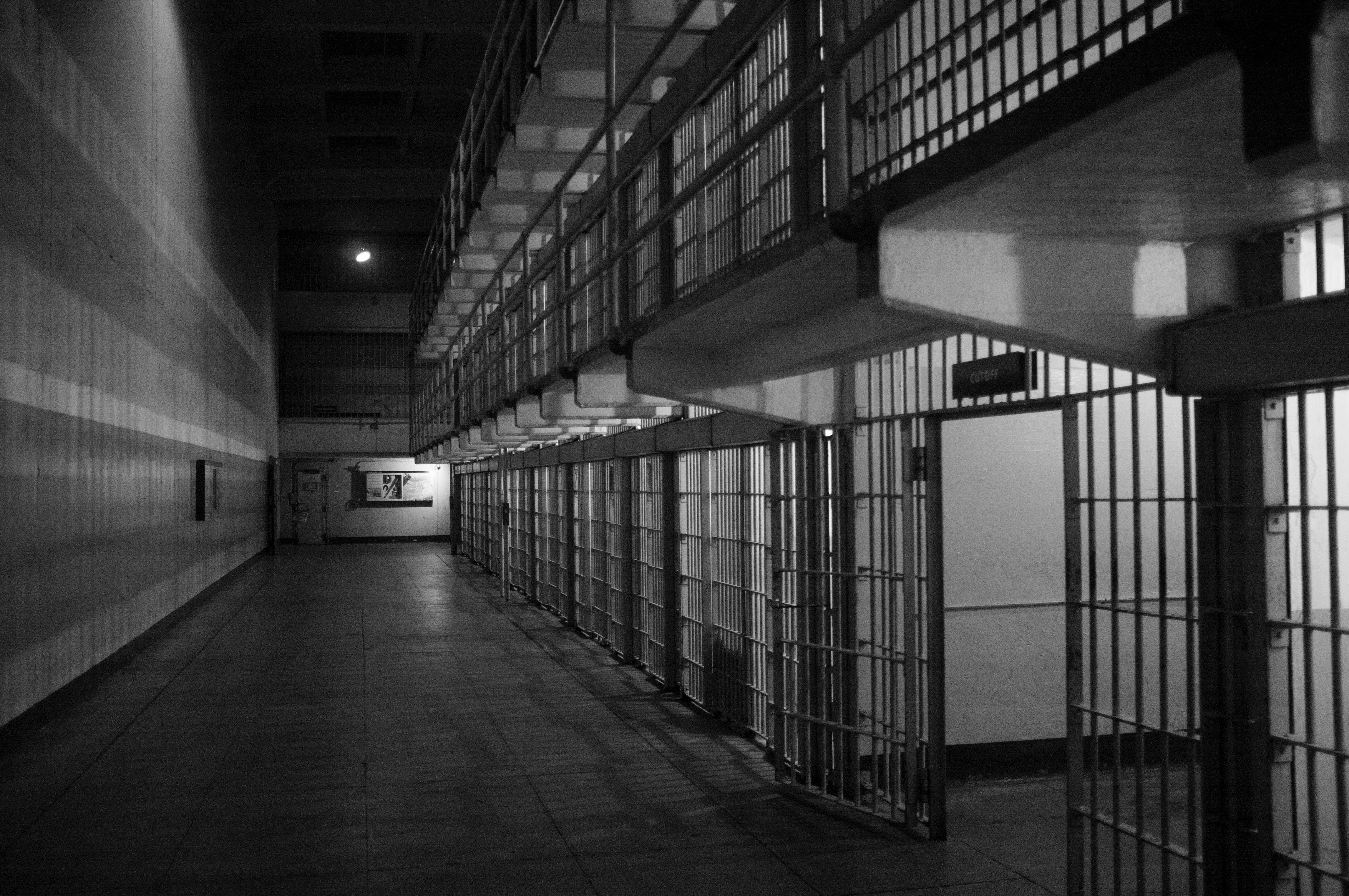In Indonesian management prisons, women bringing their children to prison is a vital issue. According to World Prison Brief’s assessment, Indonesia had the 21st highest jail occupancy rate out of 207 nations as of May 3, 2022, with a 208% occupancy rate for prisons or correctional institutions, putting Indonesia in fourth place in Asia.[1][2] With these conditions, there are many female prisoners and detainees that must be considered. Unfortunately, the lack of facilities and experienced human resources in correctional facilities is one of the factors that trigger the absence of health services for prisoners’ rights, including female prisoners, particularly those who are pregnant, nursing, or have specific healthcare and dietary requirements. Although internationally, several regulations attribute special attention to female prisoners. For instance, Rule 42 (2) of Bangkok Rules specifies that the prison regime should be flexible enough to respond to the needs of pregnant women, nursing mothers and women with children. Rule 42 (3) further notes that ‘particular efforts shall be made to provide appropriate programmes for pregnant women, nursing mothers and women with children in prison’.[3] However, despite this rule becoming a standard for Indonesian women’s prisons, not all of them follow it due to structural challenges, such as lack of facilities, infrastructure and human resources. Therefore, this rule’s implementation is only partially effective and not legally binding, meaning that many female prisoners and detainees do not receive the care they need.
Moreover, there are no specific national-level regulations that manage women and girls’ rights, both in detention centers and prisons in Indonesia.[4] This is not only related to the reproductive health of incarcerated women, but also to the health and well-being of their infants; whereas, women’s right to health is protected in Article 4 of Law Number 36 of 2009 concerning Health.[5] Of the twelve places of detention surveyed, it was found that there were only Class IIA Women’s Prisons in Malang, Palembang, and Pondok Bambu that provided special toilet facilities for pregnant women. Another fact is that 5 of the 12 detention centers surveyed are not equipped with doctors, let alone obstetricians. Yet, an obstetrician could undoubtedly provide support to pregnant women so that they can give birth to children who are psychologically and physically healthy. Of the 12 detentions, only the Class IIA Malang Women’s Prison has met the overall needs of pregnant women.[6] These statistics indicate that few of the rights of pregnant and nursing female prisoners are met; specifically, their health and well-being are at-risk.
Moreover, in the event of an emergency, pregnant prisoners, who are required to be referred to the nearest hospital, are not easily transferred, even with the Social Health Insurance Agency. This discrepancy is due to the absence of a special budget for pregnant women. Usually, the polyclinic only provides blood-boosting vitamins for pregnant female prisoners.[7] The facilities that prisons offer also demonstrate a setting that is not suitable for rearing kids. There is only one nursing booth, located outside the residential block.[8] Although they are separated from other bedrooms, the bedrooms for pregnant women and kids take up one residential block. Children must grow up in an unfavorable environment, exposing them to violence, as they were raised by around 350 adults from different backgrounds using abusive words.[9] Even to meet their daily needs, ranging from food and milk to diapers, many female prisoners work as conveyors or some assistants to serve other, more wealthy inmates.[10]
Women can keep their babies with them in prisons until they are three years of age, according to Law No.22 of 2022 concerning Corrections.[11] However, other female prisoners are wholly separated from their children, and the impact is often visible on their mental health, stunting their children’s cognitive development.[12] For this reason, the access to proper facilities is crucial to ensure that pregnant prisoners and their children grow up in a healthier, more conducive environment.
Additionally, punishment is another area that, if the prison is still unable to provide suitable facilities and medical personnel, can be altered. Instead of strict criminal penalties, law enforcement might impose alternative punishment on expectant and nursing mothers. For example, punishment against expectant women may be delayed until the baby is born or until they have finished weaning their children by the time they turn two. As for the children of female prisoners, there must be advocacy and awareness-raising regarding their rights, as well as a good support system when the child lives without his/her mother.
[1] Monavia Ayu Rizalty (2022) ‘Penghuni Penjara Membludak, Ini umlah Narapidana di Indonesia’ [Online] Available at: https://databoks.katadata.co.id/datapublish/2022/05/12/penghuni-penjara-membludak-ini-jumlah-narapidana-di-indonesia (Accessed: 11 November 2022)
[2] Monavia Ayu Rizalty (2022) ‘Jumlah Narapidana Indonesia Terbanyak Keempat di Asia.’ [Online] Available at: https://dataindonesia.id/ragam/detail/jumlah-narapidana-indonesia-terbanyak-keempat-di-asia. (Accessed: 09 November 2022)
[3] Aturan-aturan Bangkok. [online]. Available at: https://www.tijbangkokrules.org/pdf/Bangkok_Rules_Bahasa%20Indonesian.pdf (Accessed: 10 November 2022)
[4] Yustina Mariana Neta & Heri Fernandez Butar-Butar. (2020) ‘Urgensi Pengaturan tentang Pemenuhan Hak dan Kebutuhan Dasar Perempuan di Lembaga Pemasyarakatan’ Indonesian Journal of Social Science Education (IJSSE), 4 (1) [online]. Available at: http://ejournal.iainbengkulu.ac.id/index.php/ijsse (Accessed 18 October 2022).
[5] UU No. 36 Tahun 2009 Tentang kesehatan [Online] Available at: https://peraturan.bpk.go.id/Home/Details/38778/uu-no-36-tahun-2009 (Accessed: 07 November 2022)
[6] Ryan Muthiara Wasti. (2022) Women in Detention: Memahami Hak dan Tanggung Jawab Negara [Online]. Available at: https://law.ui.ac.id/women-in-detention-memahami-hak-dan-tanggung-jawab-negara-oleh-ryan-muthiara-wasti/ (Accessed: 25 October 2022)
[7] M. Aris Kurniawan. (2021) ‘Pemenuhan Hak Pelayanan Kesehatan Terhadap Narapidana Wanita Hamil Di Lapas/Rutan’ JUSTITIA : Jurnal Ilmu Hukum dan Humaniora 8 (2) [Online] Available at: http://://jurnal.um-tapsel.ac.id/index.php/Justitia Accessed 25 October 2022
[8] Jasmine Floretta. (2022) ‘Kasus Nikita Mirzani, Tebang Pilih Hukum, dan Hak Ibu Narapidana’ [Online] Available at: https://magdalene.co/story/kasus-nikita-mirzani-tebang-pilih-hukum-dan-hak-ibu-narapidana (Accessed: 23 October 2022)
[9] Jasmine Floretta. (2022) ‘Kasus Nikita Mirzani, Tebang Pilih Hukum, dan Hak Ibu Narapidana’ [Online] Available at: https://magdalene.co/story/kasus-nikita-mirzani-tebang-pilih-hukum-dan-hak-ibu-narapidana (Accessed: 23 October 2022)
[10] Amel (2019) ‘Sutradara Dokumenter Soroti Napi Perempuan yang Hamil dan Melahirkan di Penjara’ [Online] Available at: https://magdalene.co/story/sutradara-dokumenter-soroti-napi-perempuan-yang-hamil-dan-melahirkan-di-penjara (Accessed: 03 November 2022)
[11] David Kurniawan (2022) ‘Setahun Ada 3 Napi Bawa Anak saat Jalani Hukuman di Lapas Perempuan’ [Online]. Available at: https://jogjapolitan.harianjogja.com/read/2022/09/06/513/1111003/setahun-ada-3-napi-bawa-anak-saat-jalani-hukuman-di-lapas-perempuan (Accessed: 10 November 2022)
[12] Jasmine Floretta. (2022) ‘Kasus Nikita Mirzani, Tebang Pilih Hukum, dan Hak Ibu Narapidana’ [Online] Available at: https://magdalene.co/story/kasus-nikita-mirzani-tebang-pilih-hukum-dan-hak-ibu-narapidana (Accessed: 23 October 2022)



nice topic
gooooooood
gooooooood